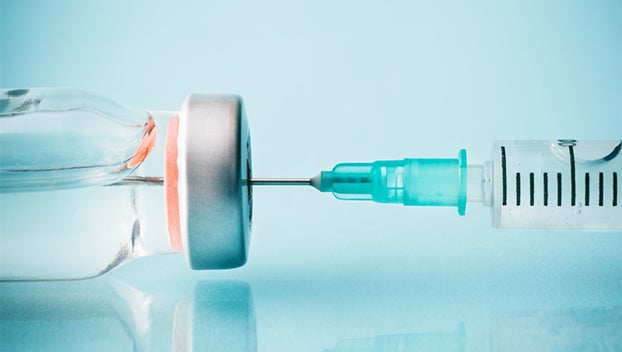COVID-19 a shot in the arm for company making nearly 9 million vials a month to hold vaccine
Published 10:27 am Tuesday, December 8, 2020
Even before a COVID-19 vaccine receives final approval, one Alabama company is busy producing more than 9 million glass containers a month to hold the vaccine.
Since August, Auburn’s SiO2 Materials Science has been steadily making the clear vials that each hold about 10 doses of the coronavirus vaccine. Because of the demand the company has increased its workforce from about 125 employees to now more than 600 employees.
The company’s three facilities in Auburn are running three shifts.
Lawrence Ganti, president and chief business officer said business has been crazy, adding that the biggest problems so far have been keeping the breakroom stacked with potato chips and providing adequate parking for its employees.
Before the pandemic, Si02 expected to produce about 20 million syringes and 10 million vials for the year. In response to the COVID-19 pandemic, the company is producing that same number of vials each month.
SiO2 Materials Science has developed patented materials to hold the vaccines. The company says SiO2 vials can withstand temperatures of up to minus 321 degrees Fahrenheit, take about 1,500 pounds of direct force and are shatterproof, making them safe for healthcare providers while minimizing the risk of loss during shipping.
The version developed by Pfizer and the German firm BioNTech has to be stored at a temperature of minus 94 degrees Fahrenheit, while Moderna’s version can be stored at 36 degrees to 46 degrees Fahrenheit for up to 30 days.
The Food and Drug Administration could grant emergency approval for at least one version of the vaccine by the end of the week.
Back in June, SiO2 Materials Science landed a $143 million federal contract to produce packaging, including vials, for storing COVID-19 vaccines. Three months later, the firm announced a deal to supply vials of up to 80 million doses for the Canadian government.
More News






